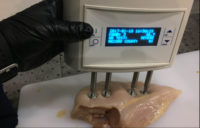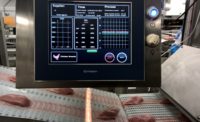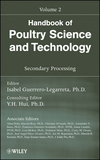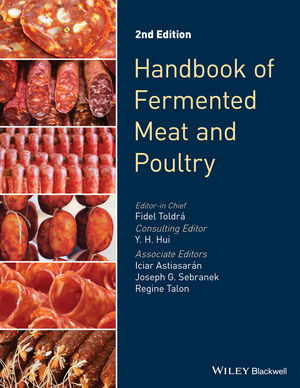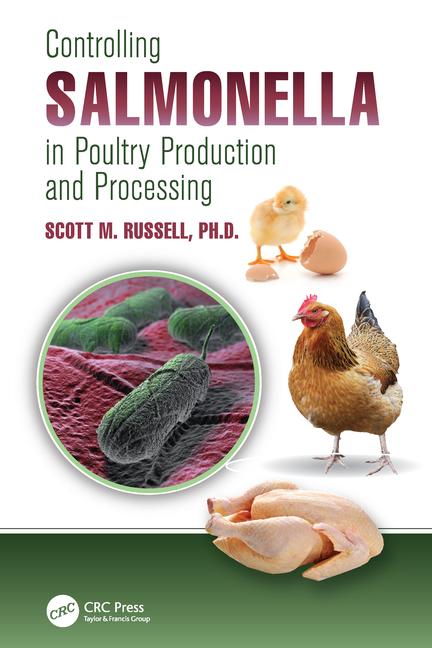Three well-defined, degenerative breast diseases of broiler chickens — woody breast, white striping and deep pectoral myopathy — are not associated with infectious or pathogenic agents, nor do they present a threat to food safety, according to a new report by the American Association of Avian Pathologists (AAAP).
All three breast diseases have been seen in all breed crosses of broiler chickens as early as 2 weeks of age, with varying prevalence under a wide-range of slaughter weights, management, feeding and rearing systems.
The exact cause or causes of these conditions have not yet been identified. However, inadequate blood supply to the tissues — which may result from sudden exertion, overstretching and/or compression — as well as a lower rate of blood supply and a decline in metabolic waste-product removal (carbon dioxide and lactic acid) from the muscle fibers are “likely to be involved,” AAAP said.
Consumer preference for white meat and economic forces, have led to a steady increase in the market weight of broiler chickens. Nevertheless, from a development standpoint, these birds are considered juveniles when harvested, the paper observed. In addition, this is a period when there's a high rate of cellular protein synthesis and accumulation, which leads to efficient animal growth, including the muscle tissue.
Muscle growth is a complex and highly regulated process — one that naturally involves both protein synthesis and degradation as rapidly growing muscle tissue undergoes degeneration and regeneration. Myopathies such as woody breast, white striping and deep pectoral myopathy emerge at different rates and stages when the extent of muscle damage exceeds the capacity of the repair systems to cope, AAAP said.
Research efforts and selection strategies are under way to reduce or prevent these conditions. In the meantime, broiler-meat processors are conducting comprehensive quality-controls and removing affected fillets to maintain product quality specifications.
The AAAP white paper, “Breast Muscle Abnormalities in Broiler Chickens,” was authored by S.F. Bilgili, PhD, poultry professor emeritus at Auburn University. To download a free copy, click here.
Source: AAAP



